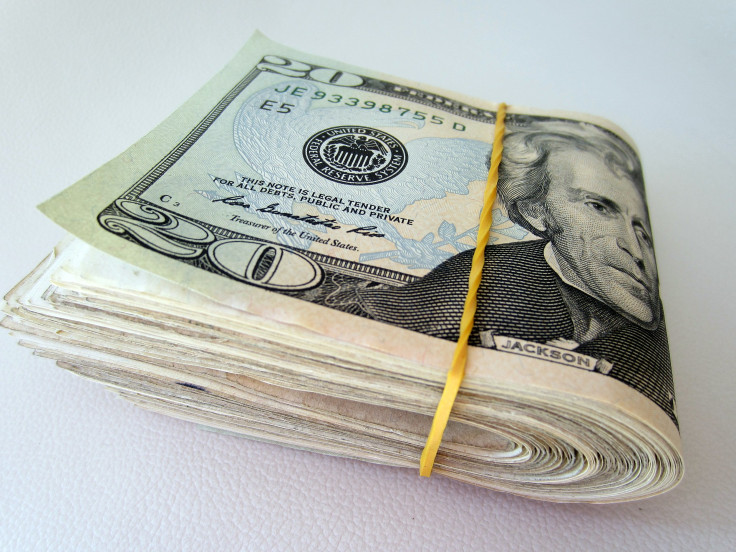Poor People Aren't Signing Up For Cancer Clinical Trials, And It's Bad For Science

Add cancer research to the long list of things that people with a low income have difficulty taking part in, says a new study published Thursday in JAMA Oncology.
Following over 1,000 newly diagnosed cancer patients for six months, the study authors found that the lower a person’s income, the less likely they were to sign up for clinical trials of potentially important cancer treatments. Specifically, people who earned less than $50,000 a year were 32 percent less likely to join a trial than their higher income counterparts. This reluctance only became more stark the lower their income level, with the worst participation rates seen among people who earned less than $20,000.
Given that cancer “clinical trials provide the best evidence for showing the efficacy of new treatments,” the researchers noted,” limiting income disparities is important for ensuring rapid enrollment and fair access to trials.”
It should be pointed out that most cancer patients, rich or poor, don’t take part in clinical trials, for a myriad of reasons, not the least of which includes simply not meeting a study’s eligibility requirements. Even in the sample these researchers observed, only 17 percent of people who earned over $50,000 annually took part in a clinical trial, versus 13 percent of people who earned between $49,999 to $20,000, and 11 percent for those under $20,000.
For poorer people, however, it appears that the marginal drawbacks to becoming a study subject impact them more than those with disposable income, from repeated transportation fees to the study site to arranging child care or time off from work. For those reasons, the authors recommend that more researchers should offer to level the playing field for potential volunteers, possibly through offering direct financial compensation to people who need them.
Building off an earlier, if limited, study that found similar conclusions, the researchers note that an income gap in clinical cancer research harms both patients and scientists. Cancer researchers are deprived of gathering a more complete picture of how effective a new treatment might be — since low-income people also tend to have worse health — and less able to recruit enough patients quickly enough.
Meanwhile, “since clinical trial treatments represent the newest available treatments, access to this vital resource should be available to individuals of all income levels,” the researchers concluded.
Source: Unger J, Gralow J, Albain K, et al. Patient Income Level and Cancer Clinical Trial Participation: A Prospective Survey Study. JAMA Oncology. 2015.



























